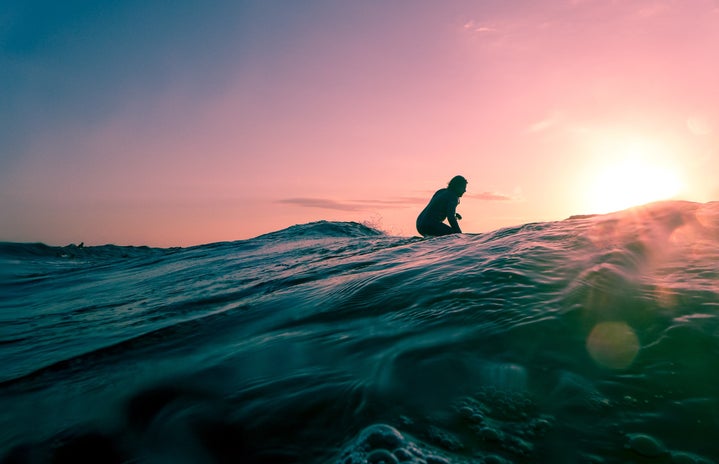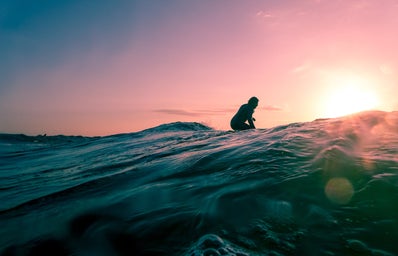In 2015, a three-year drought and the failure to manage the crisis caused Cape Town, the capital of South Africa, to have a severe water crisis on its hands (Baker, 2018). Water problems are currently occurring in California and Flint, Michigan, as well as other places in the world. As the world’s population continues to increase, water-related problems will only grow. Although the Earth’s surface is about 71% water, there is only so much accessible for daily use. Of the 71%, less than 1% is fresh and drinkable water (NOAA, 2021), making water a vital limited resource. For this reason, we need to make a conscious effort to conserve water and take action now!
What is water conservation?
Water conservation is defined as the practice of preserving and using water efficiently to reduce unnecessary water usage.
Who does it affect?
Many places around the world are fighting water scarcity. It can impact large cities as well as rural areas. As a matter of fact, “more than a billion people currently live in water-scarce regions and as many as 3.5 billion could experience water scarcity by 2025 if steps are not taken to conserve water now” (Baker, 2018).
What are the advantages of conserving water?
Conserving water will:
-
Save money
-
Save energy
-
Preserve the environment
-
Protect a vital resource
It takes both money and energy to pump, treat, and heat water. Conserving water means conserving the energy that produces greenhouse gases. Using less water also ensures water is diverted from rivers, bays, and estuaries which preserves the environment.
How can you conserve water?
Slight changes to your daily life can make a big impact. Modifications to your daily routine can save you gallons of water a day. If we all try to conserve water, then the gallons quickly start to add up.
Some ways to conserve water include:
Gardening
-
Plant native plants
-
Invest in rain barrels
-
Wash vegetables/fruits in a pan of water & use that water to water your plants
-
Keep water in the soil by spreading mulch over it
-
Water plants early in the morning when temperatures are cooler
Hygiene
-
Turn off the water while brushing your teeth
-
Shorten showers (about 5 minutes is recommended)
-
Don’t wash your towels after every use
-
Don’t flush trash down your toilet- use the trash can
Appliances
-
Wash only full loads of clothes/dishes
-
Check for leaks
-
Install low-flow faucets/showerheads
-
Install a water and energy-efficient dishwasher
-
Invest in a low-flow toilet
Other
-
Put your water bottle in the fridge instead of running the water until it’s cool.
-
Use refillable water bottles
-
Don’t get water you will not drink
-
Re-use greywater
-
Report leaks, broken pipes, leaky hydrants, and malfunctioning sprinklers
-
Raise awareness about the need to conserve water
In summary, conserving water is crucial to guarantee a future with enough water. It may take some effort to change your habits, but every drop helps. Do your part in securing a future with water by starting to conserve water now!
References
Baker, A. (2018). When the Taps Run Dry. TIME Magazine, 191(6), 30. http://search.ebscohost.com.proxy2.cl.msu.edu/login.aspx?direct=true&db=mih&AN=127890025&site=ehost-live
US Department of Commerce, National Oceanic and Atmospheric Administration. (2021). NOAA’s National Ocean Service – About Us. Noaa.gov. https://oceanservice.noaa.gov/about/welcome.html#cite


